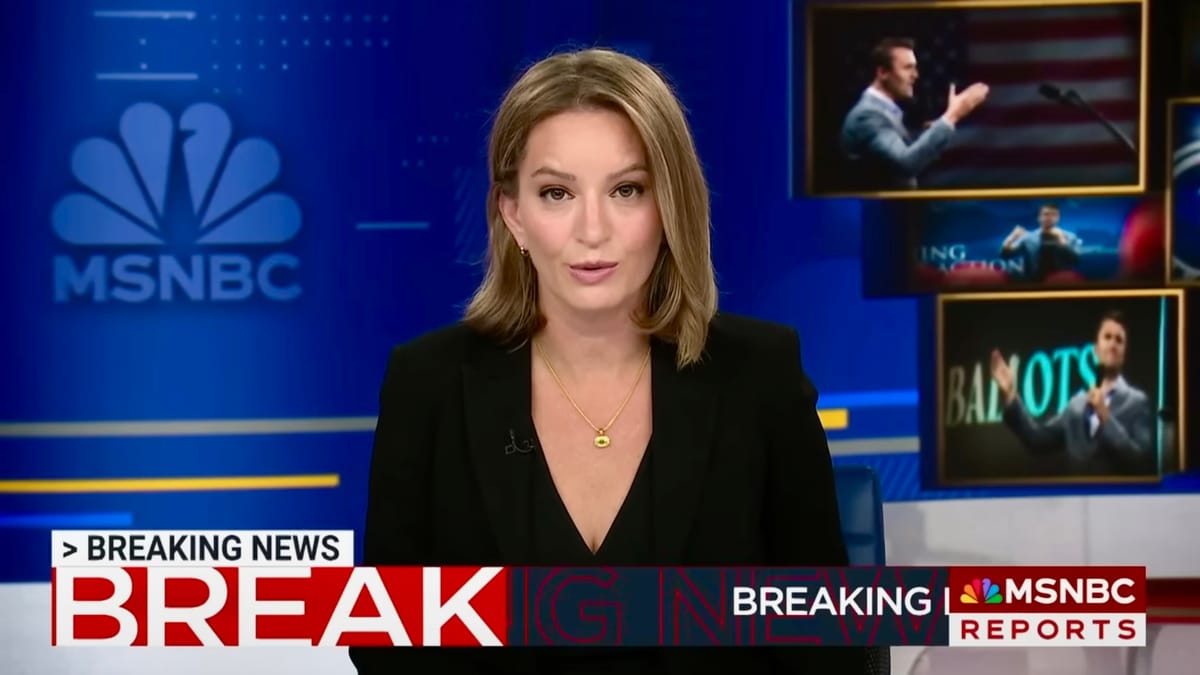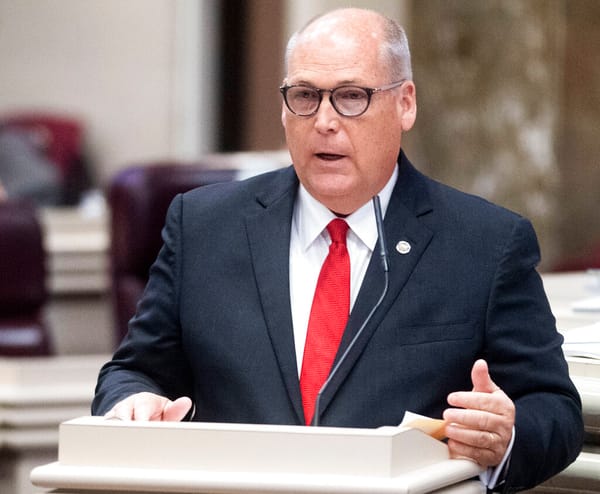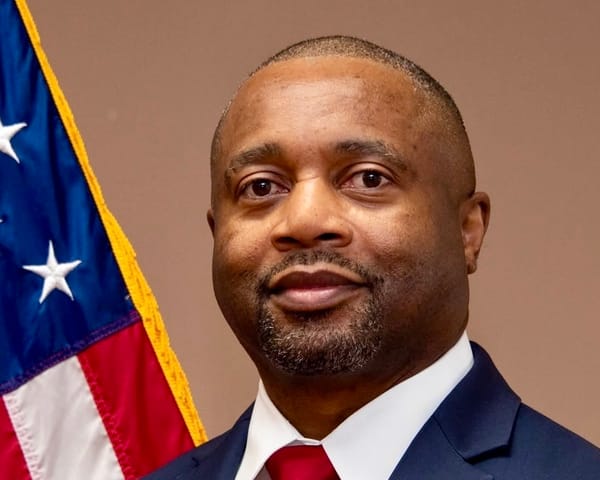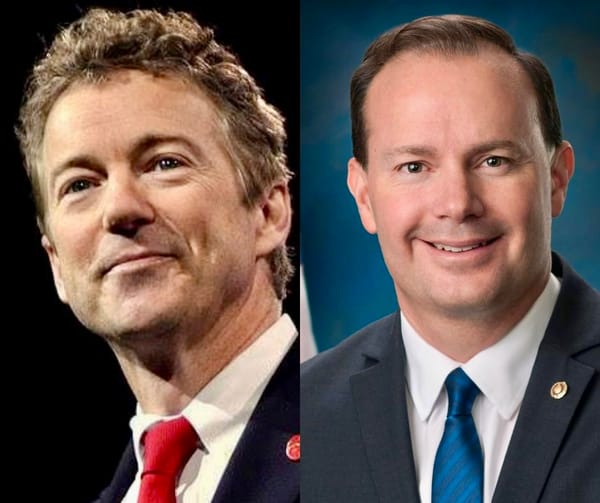Advertisers Under Scrutiny After MSNBC Segment Criticizes Charlie Kirk’s Rhetoric
“You should be allowed to say outrageous things. You should be allowed to say contrarian things”—Charlie Kirk

Numerous major companies are facing questions after advertising on an episode of Katy Tur Reports on MSNBC in which guest analyst Matthew Dowd and host Katy Tur blamed conservative commentator Charlie Kirk’s rhetoric for heightening the risk of his own death, The Federalist has reported. The segment aired shortly after Kirk was shot, but before his death had been announced
Some of the firms whose ads appeared during the segment include:
- Pfizer
- Kenvue (Listerine)
- The Economist
- Pharmavite (Nature Made)
- Renewal by Andersen
- Procter & Gamble (brands Nervive and Zevo)
- AbbVie (Ubrelvy)
- Bayer (Aleve)
- Spectrum News 13, Spectrum Reach
- Quincy Bioscience (Prevagen)
- GSK (via whatisshingles.com)
- SingleCare.com
- Safelite
- AliveCor (via kardia.com)
- Morgan & Morgan law firm
- Custom Ink
- Bausch + Lomb (Blink NutriTears)
- Dexcom
- Balsam Hill
- Lipo Flavinoid
- Atlantis Consumer Healthcare (Senokot)
- Greenway Kia
The Federalist contacted these companies asking whether they planned to pull their ads, and whether they would condemn comments made on the show. Only one responded.
P&G replied that it “supports responsible broadcasters with our advertising” and noted that advertisers don’t always see the final program or placement before airing. The company said the issue would be passed to its brand team.
On the show, Katy Tur described Kirk as “divisive,” “polarizing,” and a “lightning rod.” She and Dowd discussed the environment surrounding political speech and gun access. Dowd said hateful words can lead to hateful acts. “You can’t stop with these sort of awful thoughts you have, and then saying these awful words, and not expect awful actions to take place,” he said.
Later, MSNBC President Rebecca Kutler issued a statement (via the network’s PR account on X) calling Dowd’s remarks “inappropriate, insensitive and unacceptable.”
Dowd was subsequently fired by MSNBC for his remarks that Kirk’s prior rhetoric may have helped create a “hateful environment” that contributed to the shooting that killed Kirk.
In response to his firing, Dowd defended himself in a Substack post, saying he was reacting to early reports, when it was not yet known whether Kirk had been shot or was the target. He expressed that his words were being misconstrued and apologized for any misunderstanding. Dowd also said he believed MSNBC’s decision was driven by pressure from what he called a “right-wing media mob.” He ended by saying he would continue to use his voice on other platforms to promote unity and "common-sense ideals and values."
Dowd may find it difficult to do this, as Cumberland University has cancelled a speech by Dowd that had previously been scheduled.
Three key issues are being raised by this incident. Firstly, how responsible are advertisers for the content produced by platforms on which they advertise? Does an association by ad placement imply an endorsement of editorial content? Second, as advertisers often don’t see the final form of content—and with live feeds, it’s impossible for them to do so, as ads are placed far in advance—there is the question of editorial judgement and oversight. Finally, and perhaps most importantly, the segment has opened up questions about where discussion of political polarization and speech ends and possible responsibility for violent acts begins.
There are important questions about free speech and the 1st Amendment being raised here. As Charlie Kirk himself said, “You should be allowed to say outrageous things. You should be allowed to say contrarian things.”
Kirk’s style was often one of confrontational rhetoric. He often said deliberately inflammatory things. It was one of the reasons he was such an effective orator and influencer for the Right.
In the current highly-charged atmosphere, it remains to be seen how these advertisers and media outlets in general respond to public pressure on company;s brand image and practices.
ALPolitics.com was unable to find the Matthew Dowd/MSNBC clip in question, but a segment of it can be seen in this One America News clip:




